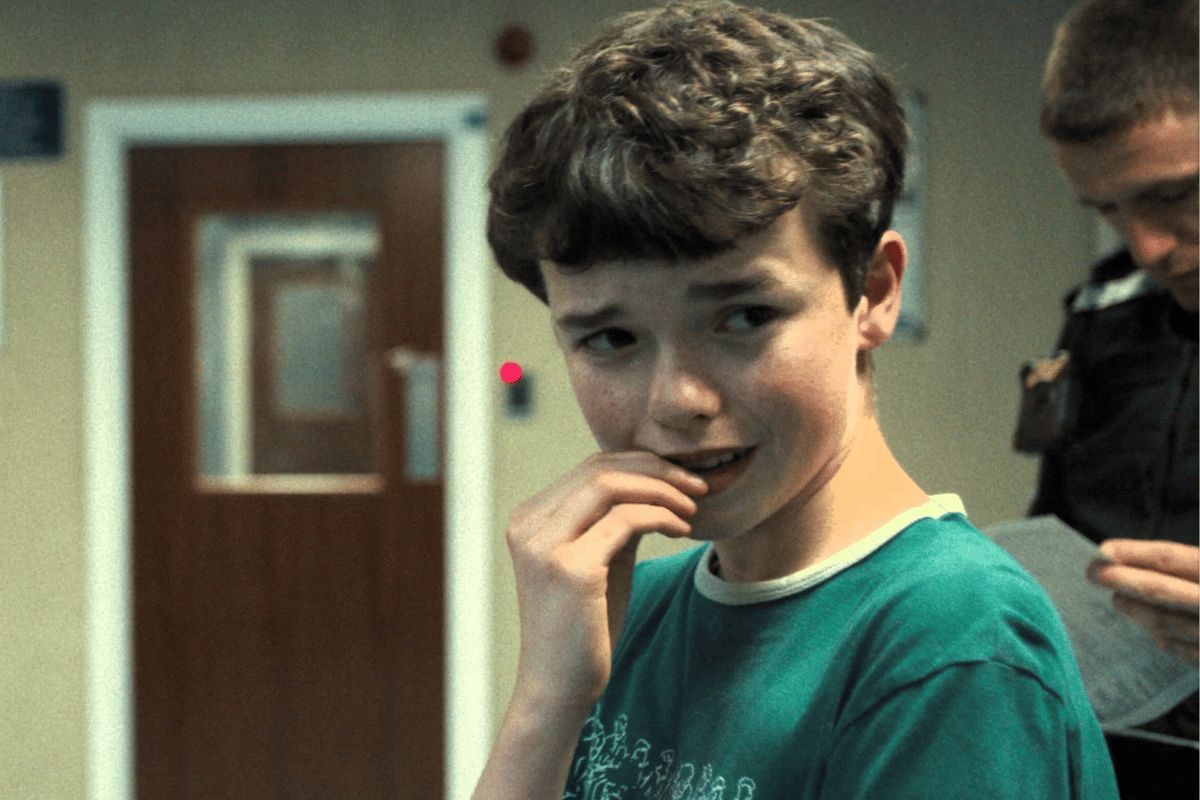
Since its release last month, Netflix's Adolescence seems to be all anyone is talking about.
From the one-take filming style to its gut-wrenching finale, the hit series has cemented its place in the zeitgeist as a show we'll reference for years to come.
In case you haven't watched it yet, here's your recap. The four-part series follows the chilling story of 13-year-old Jamie and his family after he is arrested on suspicion of murdering his classmate, Katie, who rejected him.
It paints a confronting picture of how young boys are being exposed to incel ideology and extreme content online. At its core, it's not a show about whether Jamie actually committed the crime, it's about the mindset that got him there.
So, what is an incel?
But first, listen to The Quicky unpack the question we're all left asking after watching Adolescence. Post continues below.
According to the Anti-Defamation League, incels are a group of heterosexual men who "blame women and society for their lack of romantic success". It involves toxic views on gender roles and resentment towards women, fuelling a cycle of frustration, isolation and, in extreme cases, violence.
They're a subset of the online misogynist community known as the "manosphere", where Andrew Tate hangs out. And they're more common than you might suspect.
Adolescence depicts misogynistic content shaping the way young boys view women and girls. This is also called "red pill" content, a concept from the film The Matrix where the red pill is taken to 'awaken' a person to the harsh truths of the world. According to the manosphere, their content awakens men to the biases against them.




























































































